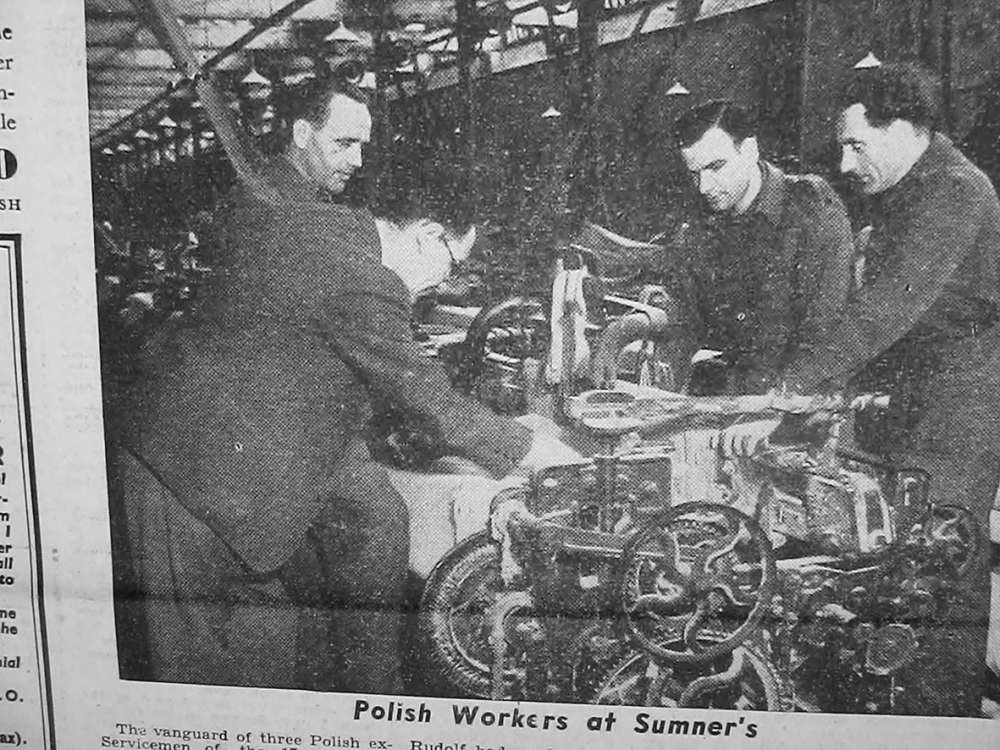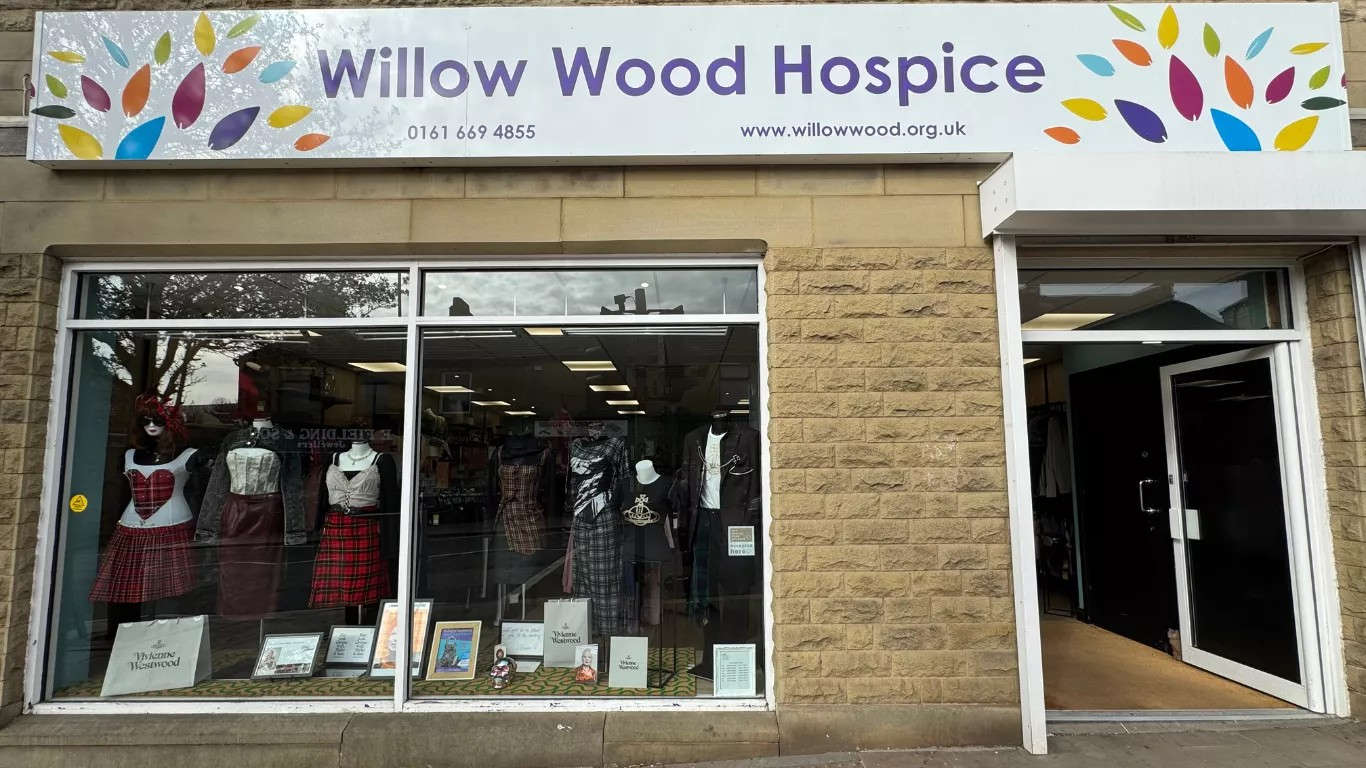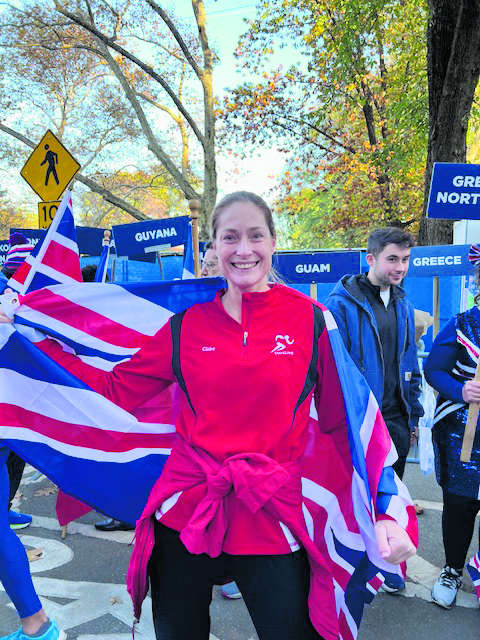
A Glossop mill was providing employment and a temporary home for 17 Polish soldiers who had faced the full horrors of the Second World War.
Three of them had arrived at Sumner’s cotton factory, now part of the Wren Nest Retail Park, in the winter of 1947.
In interviews with the Chronicle, they spoke of losing loved ones in bombing raids, escape attempts from prisoner of war camps and harsh treatment by the Nazis in forced labour camps.
It was a situation similar to that now being played out in Ukraine, a brutal regime trying to totally oppress a country.
The Summer’s project was part of a national scheme involving bringing in Polish workers to help solve a labour shortage in our factories.
Sumner’s was a compassionate company, it was taking in 17 Polish servicemen, setting up a training school and offering full-time work.
A farm behind the High Street West mill was being converted into comfortable living quarters.
Stables, a coach house and harness rooms were transformed into dormitories, a dining room and common room.
Food and recreational facilities were all provided.
The first three recruits settling into their new way of life were, Rudolf Folta, then 43, Jan Gruszja, 34, both with experience of working in cotton weaving mills and Jan Kwast, 24.
When the Germans invaded Poland, Rudolf was forced to work in a supply factory, later escaping across Europe and eventually joining the Polish army.
It was only when the war was over that he learned that his home and that of his wife and two daughters had been bombed and that no one had been rescued.
Jan Gruszja spoke of being wounded and captured while serving with the Polish army and sent to a prisoner of war camp.
Talk amongst the inmates was of escaping, then two who had escaped were returned to the camp and executed.
It was a brutal lesson and all talk of escaping was silenced.
Like Jan Kwast, Jan was forced to work in labour camp, Jan Kwast’s job was building railways.
Conditions and the treatment they received were harsh, the food consisting of black coffee and black bread, sometimes with potatoes.
Both men lost close relatives in the war.
Did these three, and the Poles that followed them, return home to find their loved ones and help rebuild their country, or did they stay in Glossop and build new lives?
If you know, please send us your stories.
Read more from the Glossop Chronicle
Click here for more of the latest news
Click here to read the latest edition of the paper online
Click here to find out where you can pick up a copy of the paper


 Extra trains running for racegoers to the Grand National
Extra trains running for racegoers to the Grand National
 Bag a Vivienne Westwood
Bag a Vivienne Westwood
 Glossop mum gears up for Boston
Glossop mum gears up for Boston
 Cup delight for Glossop
Cup delight for Glossop

